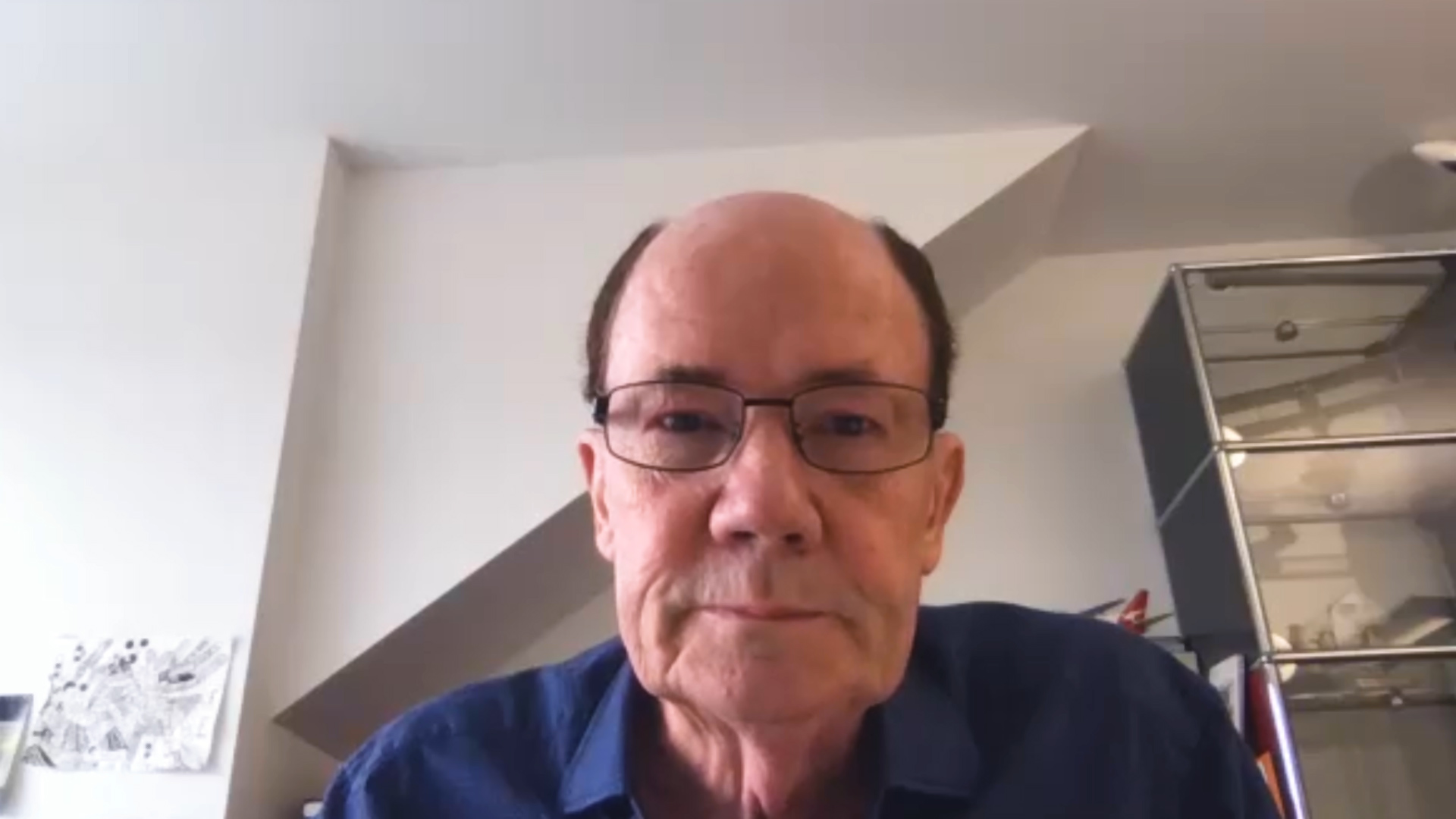
2008 vs COVID
Former Chief Strategy and Planning Officer at Etihad Airways
inpractise.com/articles/travel-outlook-crisis-covid19
Why is this interview interesting?
- How consumers reacted post-08 versus outlook on travel demand post-coronavirus
Wayne Pearce
Former Chief Strategy and Planning Officer at Etihad Airways
Interview Transcript
Wayne, how do you compare today’s situation, in the airline industry, to 2008?
The incredibly interesting thing about both of these is that they built up over a number of weeks. In fact, 2008 took even a bit longer. There’s this sense that something’s coming. In the beginning, we were getting assurances of, don’t worry, it will go away. That’s usually what political leaders try to tell the general population, or otherwise, we’re too worried about too many things. But really what happened in 2008 was, there was this moment when Lehman Brothers went over, back in about August. When that happened, there was an immediate, impending fear that went through the community. We all started to feel, my god, are we really looking at a total collapse of the financial system and is this the verge of the Great Depression, again? We were all very, very worried.
I remember sitting around the board table, at Etihad, thinking what are we really dealing with here? Fortunately, in that situation, we were in Abu Dhabi, which is one of the most oil-rich countries of the world, prices had spiked, we knew the government had money and we knew we’d get through it. From a personal point of view, it was a very terrifying situation, as well.
We also had a tremendous amount of aircraft on order. As the chief of strategy and planning, where I looked after fleet, network revenue management and a lot of the issues that involved, my concern was, what am I going to do now? You immediately go from the big issue to, how do I make the business work and minimize the damage and, actually, try to look for some opportunity.
Just looking at demand, can you give me a sense of how executives were looking at demand and the evolution of consumer behavior and demand, in the boardroom, in 2008/2009?
What you’re really dealing with there is one of the most important things of all and that’s staying on top of your data. Companies that are really good at being data intensive, analytical quickly, and not getting immersed in the data – the old question about paralysis by analysis – but instead, understanding it, working out where you are and doing something, is super critical. Companies that immediately go to the data, get a conclusion and work their way through it. People who don’t look at data and just sit around, get into terrible trouble, very quickly. Once you get into trouble, it takes a lot longer to get out of it than you think.
How did you look at demand, coming out of 2008/2009 and how would you compare that to the situation today, for both business and leisure travel?
Then, it was better, because it didn’t stop. Now, it’s stopped and hardly anybody operates anything at all. It’s just completely finished and you’ve got virtually nothing operating. Back in 2008, we could see demand collapsing and there were certain routes that held up better than others. The trick was to – when you run a network airline, with a big hub and spoke – look at what is the traffic that is surviving and you move the capacity to it and really focus on it. The place where capacity is failing, you take it away from it.
Copyright Notice
This document may not be reproduced, distributed, or transmitted in any form or by any means including resale of any part, unauthorised distribution to a third party or other electronic methods, without the prior written permission of IP 1 Ltd.
IP 1 Ltd, trading as In Practise (herein referred to as "IP") is a company registered in England and Wales and is not a registered investment advisor or broker-dealer, and is not licensed nor qualified to provide investment advice.
In Practise reserves all copyright, intellectual and other property rights in the Content. The information published in this transcript (“Content”) is for information purposes only and should not be used as the sole basis for making any investment decision. Information provided by IP is to be used as an educational tool and nothing in this Content shall be construed as an offer, recommendation or solicitation regarding any financial product, service or management of investments or securities.
© 2026 IP 1 Ltd. All rights reserved.


